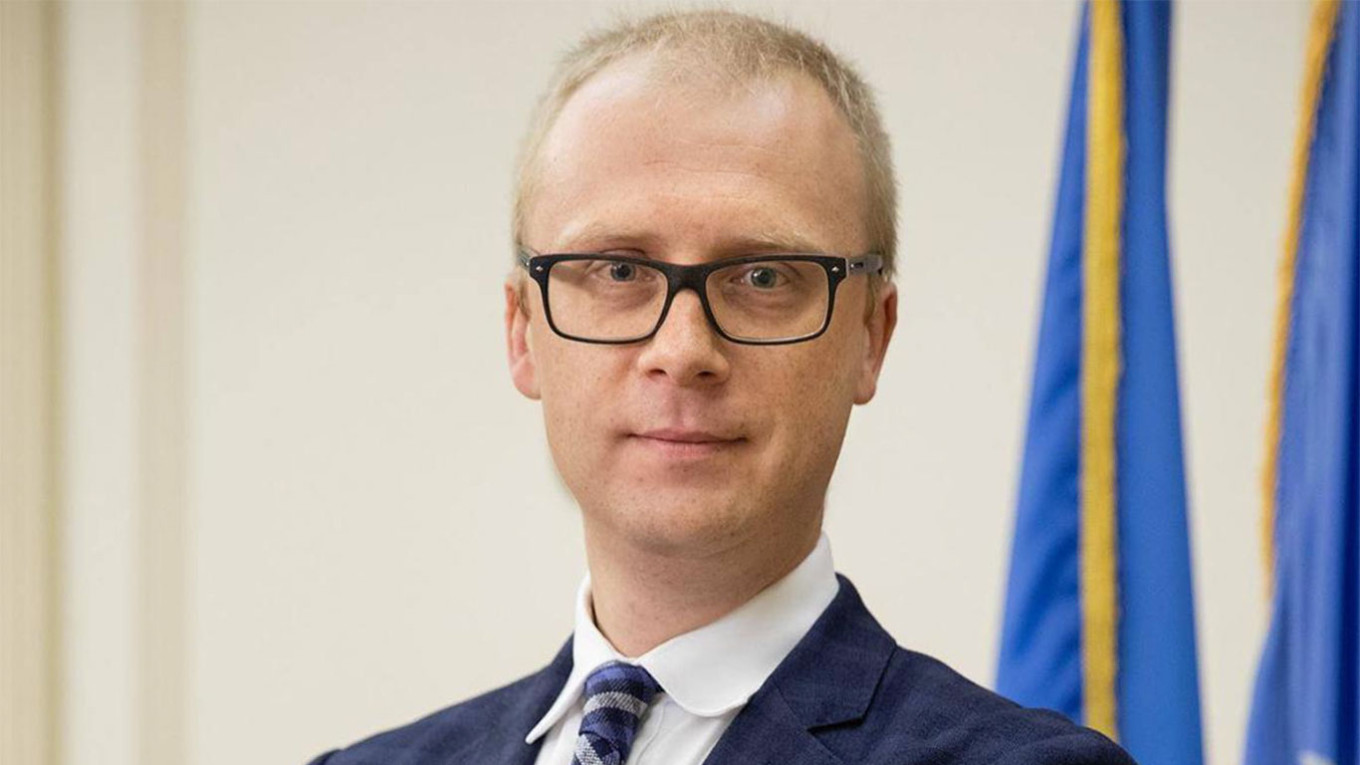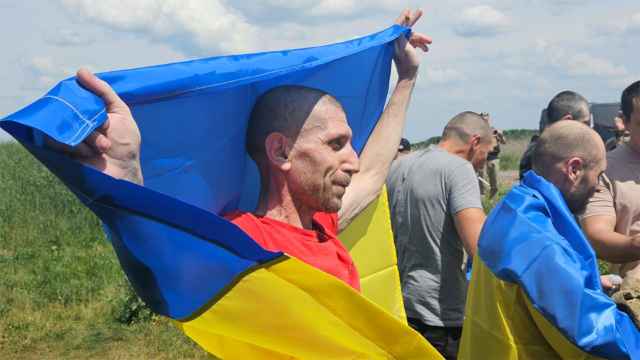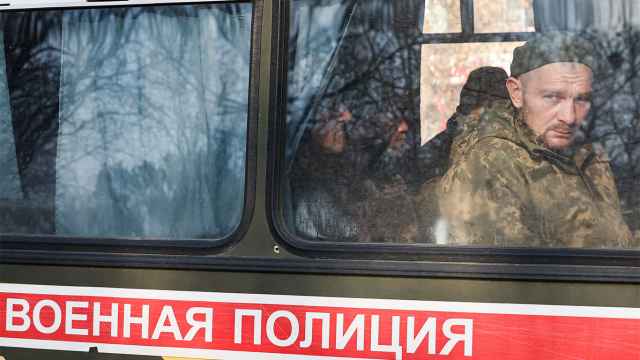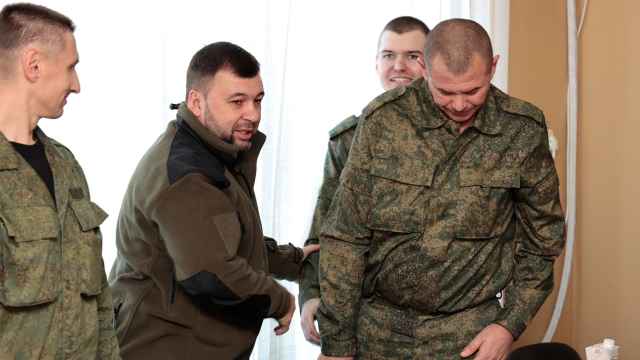Kyiv on Monday accused Hungary of barring access to 11 Ukrainian prisoners of war that Russia handed over to the EU country, which has maintained ties with the Kremlin during the invasion of Ukraine.
The Russian Orthodox Church said earlier this month that a group of Ukrainian prisoners of war from Transcarpathia — a region home to an ethnic Hungarian minority — had been transferred to Budapest.
Around 100,000 ethnic Hungarians live in Transcarpathia in western Ukraine.
On Monday Kyiv said Ukrainian officials have not been able to get access to the returned detainees.
"All attempts by Ukrainian diplomats over the past few days to establish direct contact with Ukrainian citizens have not been successful," foreign ministry spokesman Oleg Nikolenko said in a statement on Facebook.
"Essentially they are being kept in isolation," he said.
They communicate with relatives in the presence of third parties and are denied contact with the Ukrainian embassy, Nikolenko added.
He accused Hungary of "ignoring" Kyiv's attempts to establish dialogue.
Nikolenko had earlier said that Kyiv had not been informed about negotiations between Hungary and Russia.
Hungarian Prime Minister Viktor Orban's chief-of-staff Gergely Gulyas said Monday that Budapest had informed the Ukrainian authorities about the transfer after the 11 soldiers arrived in Hungary.
"They are not considered as prisoners of war in a legal sense as they had been released in Russia, after which the Orthodox Church in cooperation with the (Hungarian) Maltese Charity Service transported them to Hungary," Gulyas told a press briefing in Budapest.
"This conforms to both international law and practice," said Gulyas.
"Naturally it was a special situation as they arrived here of their own free will," he added.
"They can also leave the country freely at any time of their own free will, we do not check or monitor them, they are completely free."
He said those among the group who did not have Hungarian citizenship had been given refugee status.
Due to a long-running feud with Kyiv over minority rights in the Transcarpathian region, Budapest has also vowed to hold up Kyiv's efforts toward EU and NATO membership.
A Message from The Moscow Times:
Dear readers,
We are facing unprecedented challenges. Russia's Prosecutor General's Office has designated The Moscow Times as an "undesirable" organization, criminalizing our work and putting our staff at risk of prosecution. This follows our earlier unjust labeling as a "foreign agent."
These actions are direct attempts to silence independent journalism in Russia. The authorities claim our work "discredits the decisions of the Russian leadership." We see things differently: we strive to provide accurate, unbiased reporting on Russia.
We, the journalists of The Moscow Times, refuse to be silenced. But to continue our work, we need your help.
Your support, no matter how small, makes a world of difference. If you can, please support us monthly starting from just $2. It's quick to set up, and every contribution makes a significant impact.
By supporting The Moscow Times, you're defending open, independent journalism in the face of repression. Thank you for standing with us.
Remind me later.






